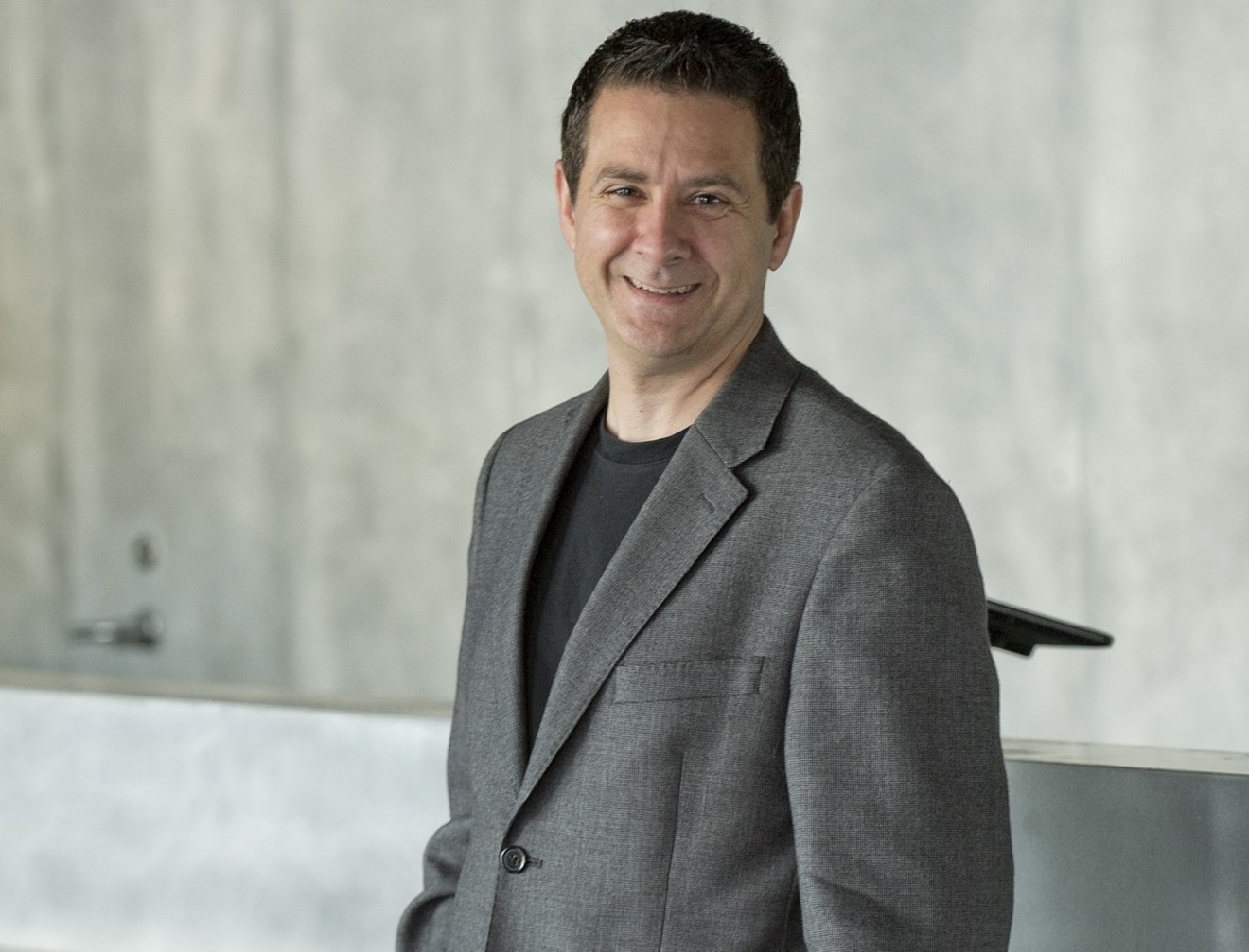When you walk into the room, their eyes bore into the very core of your soul. The sight of a glass of water dripping with condensation as it sits on the tabletop makes your throat run dry. Sweat beads dance down your forehead, and as you try to think, relax and somehow muster the courage to match their stares, you do the unthinkable. You forget your lines.
“This is the nightmare,” Kevin Moriarty says. “Every actor has been there, and every actor — whether they admit it or not — is scared of auditioning when they first start out. But here’s the thing: You’re in that room for a reason. Those people at the casting table haven’t found their person yet, and that could be you.”
Moriarty, a seasoned theater veteran with a Tony to his name, is the Enloe/Rose artistic director of the Dallas Theater Center, where he has directed everything from King Lear to A Christmas Carol. He and his team claimed the theater world’s top laurel when the Dallas Theater Center won Best Regional Theatre at the 2017 Tony Awards. As the center’s top dog, he has cast and overseen casting for dozens of productions. So when the opportunity arises to give advice to actors aspiring for greatness, Moriarty is eager to help. His first piece of advice? Get out of your head.
“Overthinking can be death to an audition,” he says. “If you walk into that room thinking, ‘Will they like me?’ you’re asking the wrong question.” Moriarty acknowledges that not worrying about impressing the casting team is easier said than done. Luckily, he has some tips he hopes will help.
"You’re in that room for a reason. Those people at the casting table haven’t found their person yet, and that could be you.” — Kevin Moriarty
tweet this
“So often when actors come in to the room, they approach it as a job interview. In reality, it's the exact opposite,” he says. “Don’t dress like yourself, dress as authentic to the character as possible.”
While you’re at it, he adds, practice talking, moving and acting in character well before the audition. That way you’re not walking in, introducing yourself, then transitioning into character; you’re walking in embodying the role you seek. According to Moriarty, this is a hallmark of a great audition.
“For those of us at that casting table, watching you change into character after walking in as someone else can definitely feel jarring. In any great audition, the actor has done all of their homework, but the homework is invisible to anyone watching.”
At the same time, Moriarty stresses the importance of genuinely connecting with those at the casting table any way you can. If you can relate to the casting table, you have already gone a long way toward making the audition memorable.
“Sometimes when you walk in, it can feel like the energy is not going to you,” Moriarty says. “If you walk in and find an authentic way to connect, that moment and that energy translates to a great start. The great stars are able to walk in and bring personality that leads to creative work.”
The great stars also prepare, and, instead of auditioning, they perform. Moriarty encourages actors to roam the room, slap the table, and do anything and everything that you believe the scene and character call for. Moriarty insists that this is not just the preference — it’s the expectation.
“By coming in and being prepared, you're not just memorized; you have a sense of blocking,” he says. "You're not being told how to move. You come in and you do how you would do the show on opening night.”
In other words, take the nerves and anxiety from that nightmare scenario and use it as fuel. After all, the pros at the casting table are just like the audience in the crowd on opening night. They came for a show, and they want to be wowed.
“A good actor hears the quietness in the audience and thinks, ‘I can't wait to get out there, because my song will be the one that wakes them up,’” Moriarty says.
And while opening nights may be equally fraught with anxiety, the theater veteran knows that any actor worth his or her salt relishes the chance to finally perform a show in front of a crowd.
“I think approaching an audition like it’s opening night will make it fun.”
Sometimes you cannot prepare. Sometimes you have to go into an audition blind, meaning you walk in, get handed sides and have five minutes to do your thing. That means little to no time to prepare, and certainly no time to live as your character. If this is the case, Moriarty’s advice is simple: Be you. He knows it’s cliché, but he swears it works.
“Show off what you do the very best,” he says. “Actors worry too much about material being overused and not enough about what they can do best.”
And take it from Moriarty, a man who has seen countless actors nail auditions only to not get the part they sought: If you don’t get the role, it probably wasn’t your fault.
“If you are not the answer to the casting director’s prayers, it is almost certainly because of things you can do nothing about in the moment,” he says. “You can't change your height and weight. Instead of spending your time thinking about things you can do nothing about, think about what you can change.”
He knows it’s easy to carry the weight of failed auditions. But Moriarty knows from experience that sometimes failed auditions can lead to other roles.
“I'll turn and say ‘We should see this person for that comedy,’” he says. “That means you might not get that one role, but you get one a few months later. We never want to close that door.”











